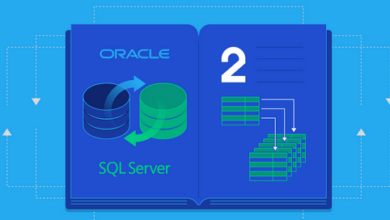The key differences between individual and managed forex trading accounts

Once upon a time, allowing your investment capital to be managed by a trading broker was considered a fool’s errand – an expensive mistake given the risk attached and the fees charged.
However, the game has changed, and now forex account management is a popular option for those without the time or expertise to really research the markets and find consistent winning positions.
And with the fees and overheads charged reduced due to the competitiveness of the industry these days, there’s an argument that suggests that pooled forex investing has never been more attractive.
Managed trading falls into two broad categories: individual and pooled. In an individual trading agreement, you are the sole client of your investment manager, which has obvious perks.
However, there are also benefits to being a member of a trading pool. Here are a few of the pros and cons of each style.
The benefits of individual trading
This is as the name suggests – a professional trader making all of the buying and selling decisions on your behalf.
There is an element of flexibility in individually managed accounts in that you can dictate your appetite for risk to your money manager. You can also have some input into the trading strategies deployed, or the particular forex pairs you wish to focus on. Ultimately though, the investment decisions are made by somebody else.
There are perks to this, of course. The trader focuses on your money and your money alone, and so you benefit from their complete attention.
It’s worth noting that you will need a decent stash of investment capital to get started, with some managed accounts requiring an initial outlay of £10,000 or more.
However,if you can find a forex trading firm with a proven record for success, an individually managed trading account is a fine option if you want some input into your investments without any of the heavy liftings.
The benefits of pooled trading
The truth with any forex trading is that there are no guaranteed returns from what is a highly volatile market.
The risk is magnified with an individually managed account, and so conversely, the main perk of a pooled account is that you can invest smaller amounts and therefore limit your liability.
The premise is simple: you and your fellow investors fund the pool, and then profits are shared on a percentage basis as per your initial investment.
There are different types of pooled accounts, so you can decide which is perfect for your own appetite for risk/reward based on your available capital.
There are fees in pooled trading, of course, but those tend to be lower on a per head basis than individual trading, so this is another bonus – as is a lower initial outlay, which can be a more palatable £500.\
The downside, perhaps, of pooled trading is that each individual investor will have their own aspirations for their money and their own feeling on how the fund should be invested. Tallying the demands of each can be difficult.
You will also find different types of pools available– doing your research is key, but clearly, there are benefits for low-budget investors to access a greater trading fund in this way.




